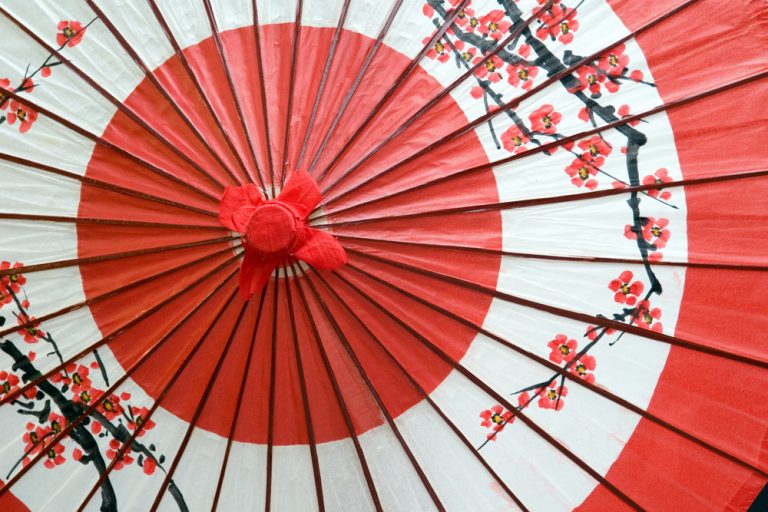Anecdote 3: 怖い夢 (A Nightmare)
夜、怖い夢を見た。目を開けた。でも、まだ怖かった。心臓がドキドキした。
水を飲もうとした。でも、手が少し震えて、コップを落としてしまった!「大丈夫、大丈夫。」自分に言った。でも、暗い部屋、ちょっと怖い。
電気をつけようとした。でも、電気のスイッチがどこか分からない!「どこ?」暗いまま、探した。やっと見つけた。つけたら…すぐ落ち着いた。
「やっぱり、枕元に小さいライトが欲しいな。」そう思った。次の日、買いに行くことが出来るかな?部屋を明るくするのに、そんなに時間はかからないはずだ!
Grammar Used:
- ~ことが出来る (Can do / Be able to (ability).)
- かかる (Takes (time, effort, money).)
- やっと (finally; at last)
- (が)欲しい (Want (something) (for nouns only).)
- ~てしまう (End up doing / Accidentally (completion/regret).)
~ことが出来る
Meaning: Can do ~; Able to do ~ (Expresses ability or possibility)
Formation:
- Verb (dictionary form) + ことが出来る
Examples:
日本語を話すことが出来ます。
(I can speak Japanese.)
ここで写真を撮ることが出来ません。
(You can’t take pictures here.)
Sentence from Anecdote:
❝ 次の日、買いに行くことが出来るかな? ❞
(I wonder if I can go buy it the next day?)
Note:
- More formal and polite than ~れる / ~られる (話せる → Can speak).
- Used in written Japanese and formal situations.
かかる
Meaning: Takes (time, effort, or money)
Formation:
- Time / Money / Effort + かかる
Examples:
東京まで行くのに3時間かかる。
(It takes three hours to get to Tokyo.)
このバッグは5000円かかりました。
(This bag cost 5000 yen.)
Sentence from Anecdote:
❝ 部屋を明るくするのに、そんなに時間はかからないはずだ! ❞
(It shouldn’t take much time to brighten the room!)
Note:
- Used for time, money, or effort needed for something.
やっと
Meaning: Finally; At last (Used when something took time to happen)
- Formation:
やっと + Past tense verb
Examples:
やっとテストが終わった!
(The test is finally over!)
長い道を歩いて、やっと家に着いた。
(After a long walk, I finally arrived home.)
Sentence from Anecdote:
❝ やっと見つけた。 ❞
(I finally found it.)
Note:
- Stronger than 等々 (eventually) and 遂に (at last).
- Expresses relief or joy after waiting.
が欲しい
Meaning: Want (something)
Formation:
- Noun + が欲しい
Examples:
新しいスマホが欲しい。
(I want a new smartphone.)
もっと時間が欲しいなあ。
(I wish I had more time.)
Sentence from Anecdote:
❝ やっぱり、枕元に小さいライトが欲しいな。 ❞
(After all, I want a small light next to my pillow.)
Note:
- Only used for nouns (for actions, use ~たい → 本を読みたい → I want to read a book).
てしまう
Meaning: Accidentally do ~; End up doing ~ (Expresses regret or completion)
Formation:
- Verb (て-form) + しまう
Examples:
財布を忘れてしまった!
(Oh no! I forgot my wallet!)
全部食べてしまいました。
(I ended up eating everything.)
Sentence from Anecdote:
❝ 手が少し震えて、コップを落としてしまった! ❞
(My hands shook a little, and I ended up dropping the cup!)
Note:
- Can be shortened to ちゃう (casual speech) (食べちゃった → I accidentally ate it).


